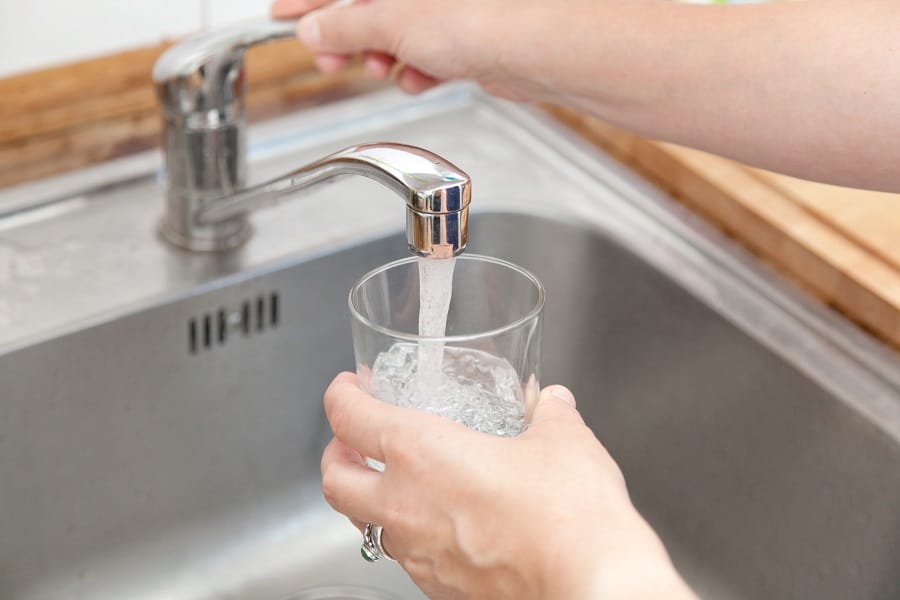Water is one of the most critical resources on the planet because of its importance to life. We may take for granted the clarity and purity of the water that flows from our taps with the turn of a spigot, but not all tap water is equal when it comes to water quality. There are many factors that can lead to contamination that degrades the quality of the water that flows from your tap. As the water quality declines, so too may the health of you and your family.
That’s why it’s important to know exactly what’s in your water. The best way to find out the composition of your tap water is to get it analyzed by a water testing lab. The best water testing labs can help you identify the potentially hazardous substances that may be in your water, which is the first step towards isolating the sources of contamination and remediating them. Drinking water testing labs can provide you with a detailed accounting of what’s in your water, which can be a powerful tool in protecting your health and reducing risks of contamination-related illness. Keep reading to learn 6 reasons that you should get your tap water tested.
Heavy Metals
Much has been made about the damaging health effects of lead when consumed through drinking water. Unfortunately, at one time lead was commonly used in plumbing, which led to the slow poisoning of millions of people. But lead isn’t the only heavy metal found in drinking water that can wreak havoc on your health. Other metals, such as iron, arsenic, cadmium, aluminum, and mercury, can also show up in drinking water, and they are all dangerous for humans to consume.
Bacteria
Bacteria can enter your drinking water in several ways. It can be present in the source, for example. When water is inadequately treated, bacteria such as E. coli, Vibrio cholerae or cholera, Legionella, and Salmonella can persist in concentrations high enough to cause illness. If you rely on a well for your water, periods of heavy rains can lead to contamination as surface water can permeate the well and introduce harmful bacteria. Your plumbing may also harbor bacteria, which is then transferred to the water in your pipes.
Viruses
Just as bacteria can survive in inadequately treated drinking water, so too can viruses end up in the water that flows from your tap. Dangerous viral contaminants, such as hepatitis, norovirus, rotavirus, adenovirus, and astrovirus can exist in water that hasn’t been treated properly. Water-transmitted viruses are such as threat to human health that the World Health Organization has declared they are of moderate to high health significance.
Protozoa
Protozoa are a class of single-cell organisms that are common around the world and can be found in drinking water. While some aren’t necessarily dangerous to humans, others, such as amoebas, can lead to serious health problems. Plasmodium can cause malaria, while giardia can lead to considerable digestive issues and discomfort.

Pharmaceuticals
Pharmaceuticals can enter the water supply through excretion from humans or from drugs dumped into household or commercial plumbing when no longer needed. Many water treatment methods commonly used today won’t remove all pharmaceutical compounds from water, so there may be trace amounts present in drinking water, even after it has been thoroughly processed. Consumption of unregulated pharmaceuticals in drinking water can lead to birth defects and development issues.
Chemicals
The environment is saturated with chemicals, and those chemicals undoubtedly end up washing into the water supply. The sources of those chemicals may be industrial facilities, residential households, or agricultural operations. Some chemicals, such as chlorine and fluoride, are added to the water supply for health reasons. Regardless of the source, chemical contaminants can make their way into drinking water and can cause considerable health consequences if they go undetected.
With many threats to clean, pure drinking water at the tap, a wise homeowner regularly checks the quality of drinking water with the help of private water testing labs. To learn more about the reasons that you should analyze your water quality, contact Environmental Testing and Research Laboratories at (800) 344-9797.

